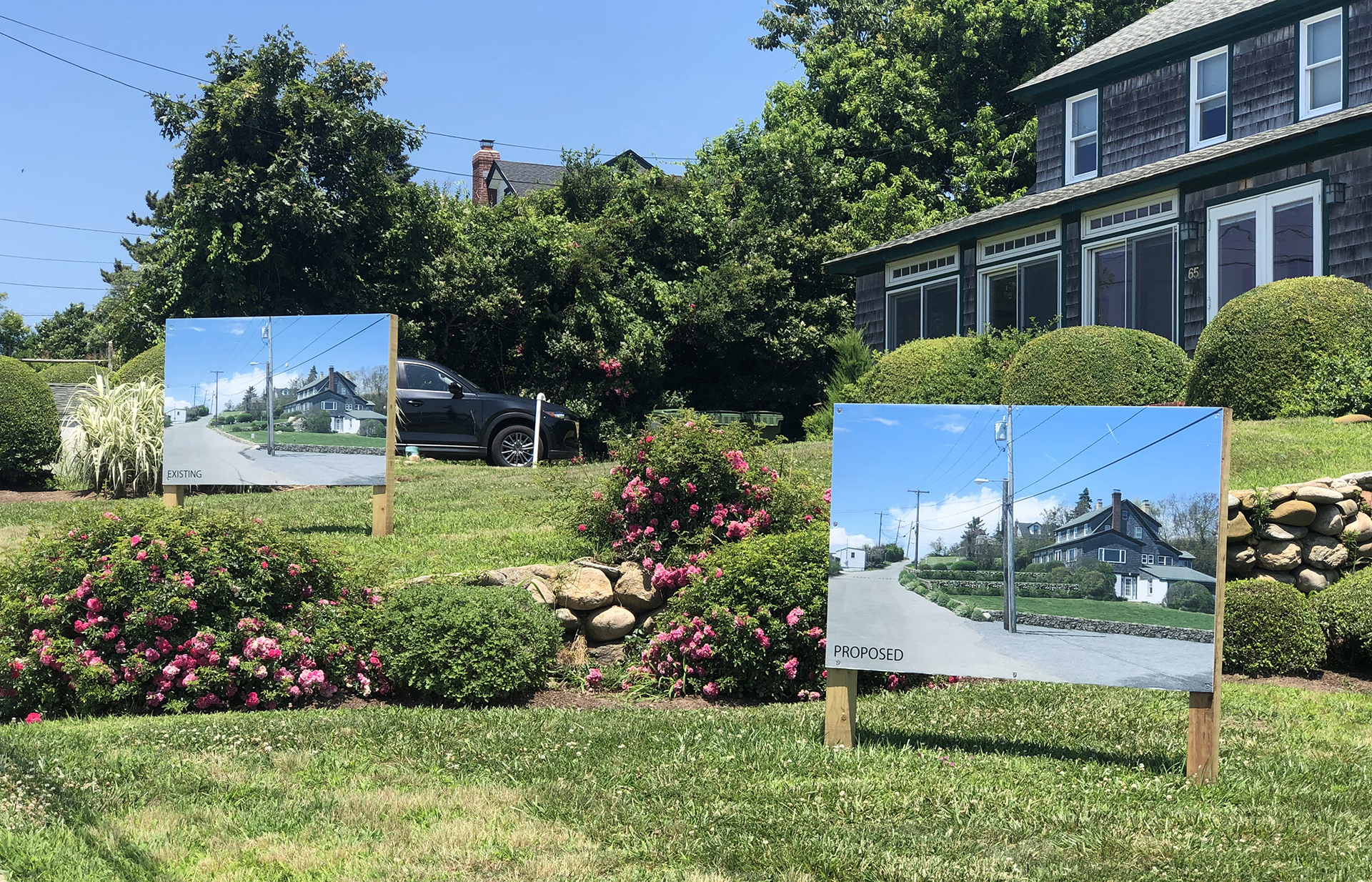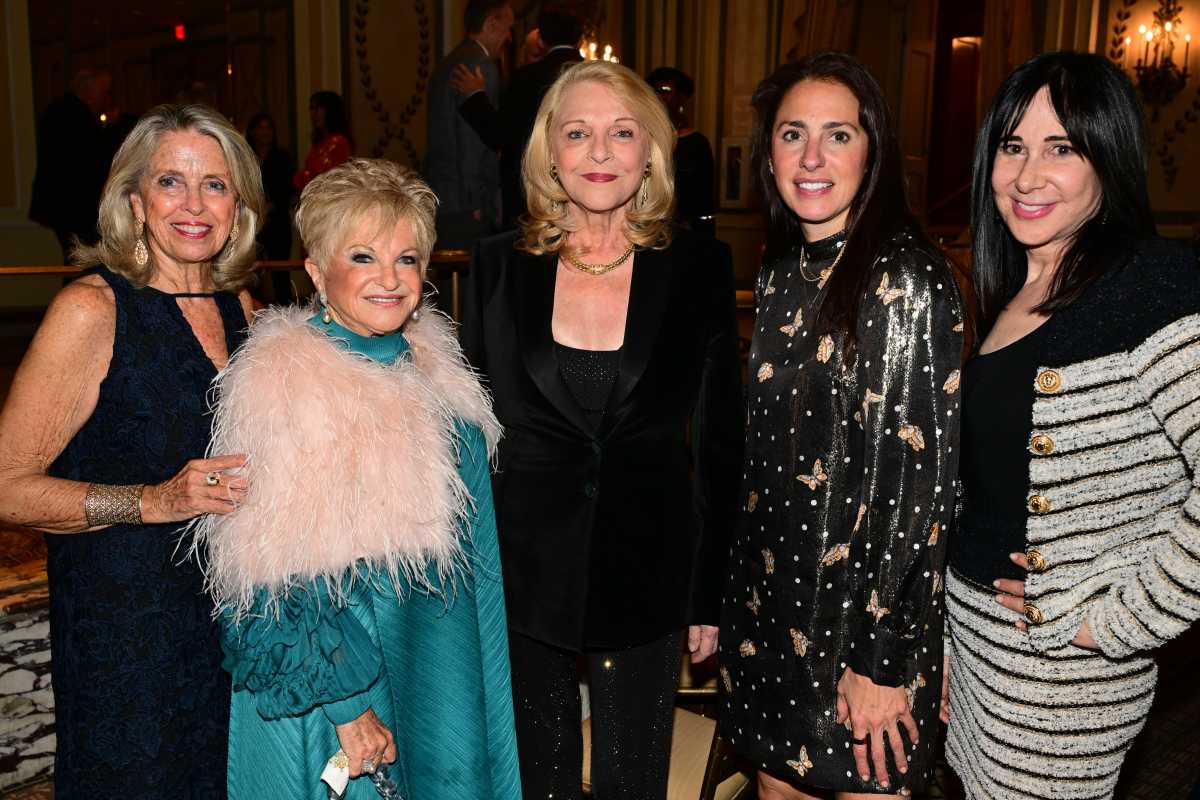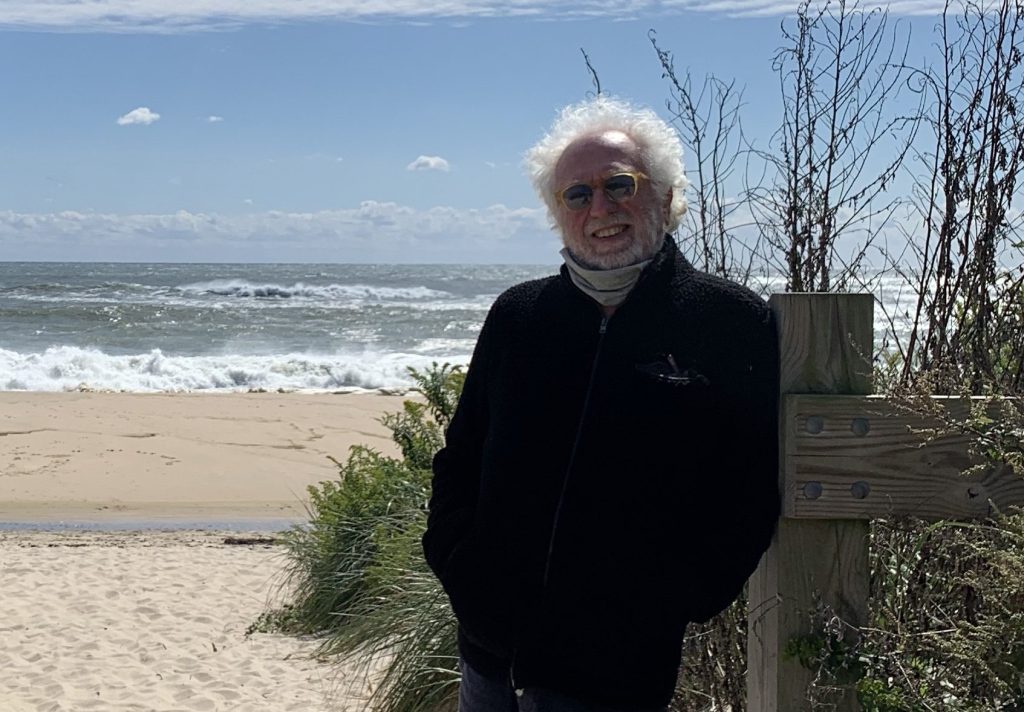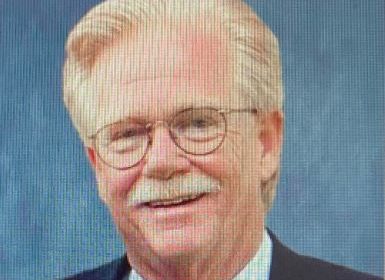Judge Shows Hand On Duryea’s Settlement?

Whether or not the controversial stipulation of settlement between the Town of East Hampton and Duryea’s, owned by billionaire Marc Rowan, should be nullified will likely be determined by “the question of what town officials knew, and when they knew it,” according to New York State Supreme Court Justice James Reilly, in a three-page decision dated July 15. That decision was made public late on Friday, July 26.
The settlement agreement for the Montauk property on Tuthill Road facing Fort Pond Bay was entered into in January by the town’s attorney at the time, Michael Sendlenski. He has since opened a private practice at the same street address at Rowan’s attorney on the matter, Michael Walsh, at 860 Montauk Highway in Water Mill.
Sendlenski signed the agreement, dated January 24, both as town attorney and as its official representative as respondent. Besides Walsh’s signature, Rowan’s is on the document as well. It was in settlement of three article 78 lawsuits Rowan had launched against the town the year before, with a fourth being filed this year.
According to Rowan, East Hampton Town Supervisor Peter Van Scoyoc had encouraged him to press the lawsuits, saying it would provide “political cover” to allow a settlement to go forward.
The settlement would allow Rowan to maintain a restaurant on the site and install a state-of-the-art septic system across Tuthill Road on a property Rowan owns that the town claims is zoned residential.
“What town officials knew, and when they knew it” was put front and center by Reilly in his July 15 decision.
The town claims that the settlement is null and void because the East Hampton Town Board never voted its approval. Reilly sees things differently. He writes that the appellate division of New York State, which supersedes the state’s Supreme Court, found, in a case out of Southampton over a decade ago, that “the town board may approve a settlement by its knowledge and actions.” He goes on to write “the respondent’s conduct is in issue regardless of whether or not the January 24, 2019 stipulation required a formal vote of the town board.”
Rowan’s legal team had asked for a “detailed and comprehensive documentation in the form of communications between various members of the town government,” related to the case, Reilly wrote. On July 15, Reilly ordered both sides to proceed with the discovery process “in light of the need for a hearing on this matter.”
While the communications between town board members regarding the settlement have not, as of yet, been made public, Van Scoyoc has made statements on the matter.
On February 21, after details of the settlement were made public, Van Scoyoc and Councilman Jeffrey Bragman had a heated back and forth during a town board meeting, with Bragman criticizing the settlement. “Four of the five of us worked very hard on this,” Van Scoyoc responded, seemingly referring to himself and the other three members of the board, Sylvia Overby, Kathee Burke-Gonzalez, and David Lys.
On March 11, Van Scoyoc told The Independent, regarding the stipulation, “Absent a settlement, the judge would have decided the fate of this property on the merits of the case. The town feels that the outstanding issues are resolved in a way that will bring the property in compliance with the town codes and policies. The settlement doesn’t grant any expansion of the use, and all future changes will have the full scrutiny of the planning board and the community through the special permit process. In addition, the settlement will result in better treatment of septic waste through the required installation of a low-nitrogen septic system.”
On July 11, four days before Reilly released his decision, Gayle Pollack, one of the myriad attorneys working for Rowan on the case, made the now seemingly prescient announcement to the East Hampton Town Planning Board that the only discussion to be had regarding the future of Duryea’s would be based on the settlement, and the settlement alone.
Reilly scheduled August 16 for a hearing, at which time the fate of the settlement could be decided.
On June 20, the town board agreed to increase the potential payment to the law firm hired in April to help reverse the settlement, as well as handle all matters pertaining to Duryea’s, Sokoloff Stern, to $270,000.
t.e@indyeastend.com









